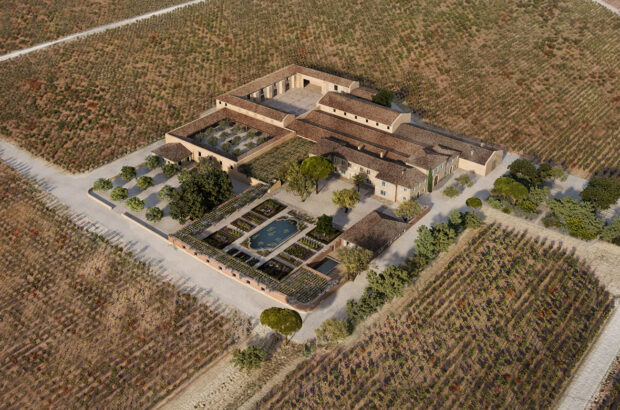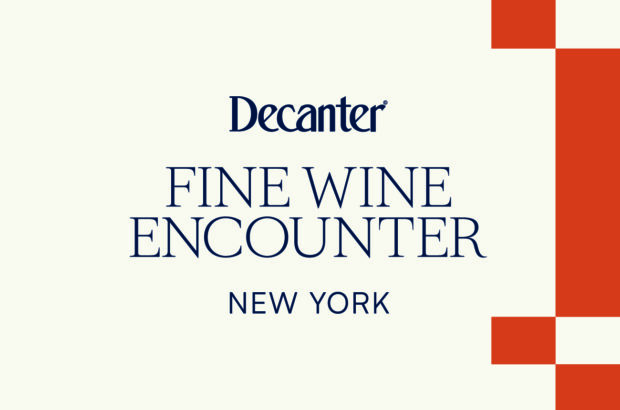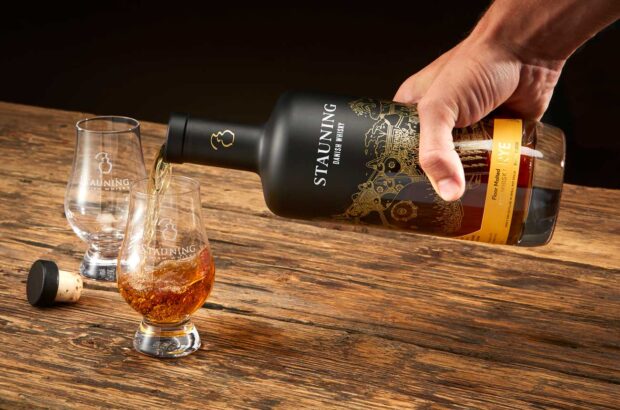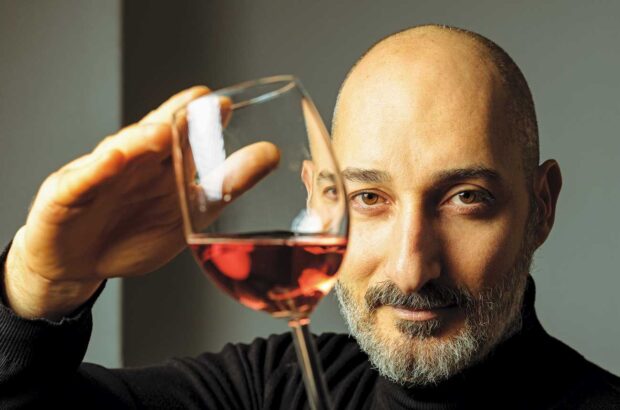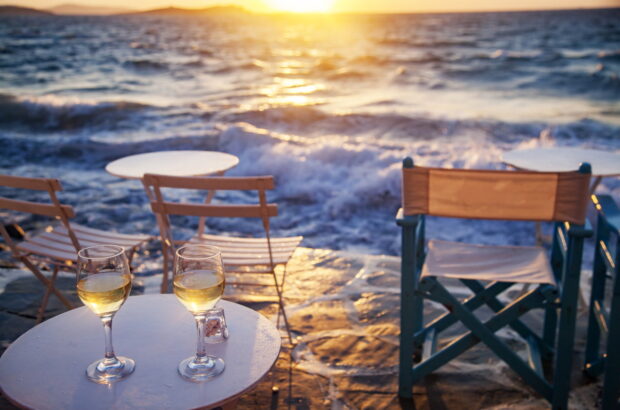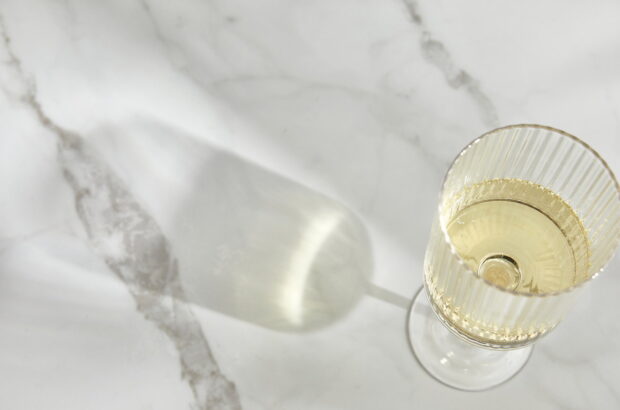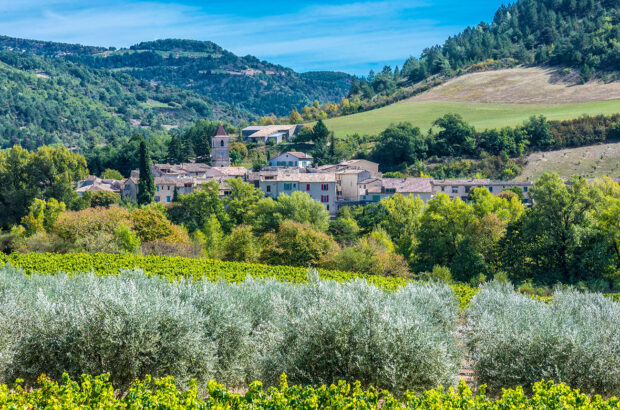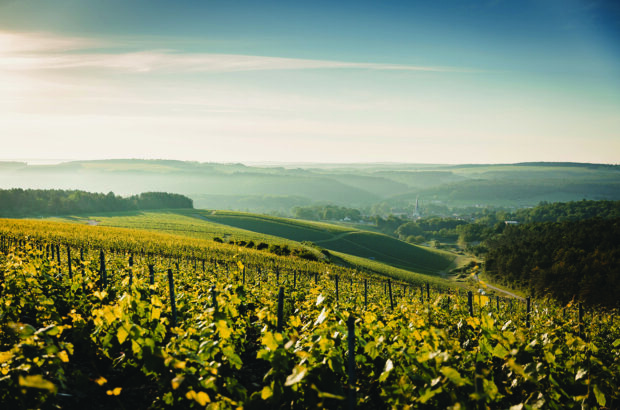Like I did in the fruit and veg aisle, it’s easy to feel hopeless in the face of climate change. But as conservationist Jake Fiennes says in his book Land Healer (BBC Books, June 2022): ‘We don’t need to throw up our hands in horror and resign ourselves to disaster.’
With a little effort and small changes, we can steer ourselves towards being more sustainably minded.
In recent years, the wine industry has seen tangible growth in knowledge sharing and collective action around the topic of sustainability. Demonstrated through organisations such as International Wineries for Climate Action (IWCA), The Porto Protocol and Sustainable Wine Roundtable, this includes the sharing of resources, experiences, problems, solutions, research and practical tools through talks, workshops and online platforms.
Wineries can benefit hugely from being members of these groups, as the pooling of resources and expertise accelerates progress. Wineries can be guided through certifications and sustainability strategies by fellow members, or by consultancies such as The Vine Strategy Group (TSVG).
A small change we can make as wine drinkers is to seek out wines made by producers that engage in these collective efforts. Many IWCA wineries will be familiar already: look out for Felton Road from New Zealand, Okanagan Crush Pad from Canada, Rioja’s CVNE, Greece’s Kir-Yianni and Lanson in Champagne.
The path to a sustainable wine industry is not solitary but communal. ‘This is not an area where wineries need to be competing with each other,’ says Rob Symington, director at Symington Family Estates, a founding member of both IWCA and The Porto Protocol. ‘It’s in our mutual interest to share.’

‘Organic always means sustainable’
Unfortunately not always the case. Although organic farming bans the use of most chemicals, it also means tractors might be used more frequently – especially in regions with high humidity – which means more carbon emissions. That being said, organic is still a solid certification to look out for, and as Anne Jones of sustainability consultancy Limestone & Jones says: ‘We have a lot to thank the organic movement for. It has created a consistent global agricultural standard across multiple categories, based on the principles of health, ecology, fairness and care.’ So I continue to use it as a frame of reference when buying wine.

Credit: iStock / Getty Images Plus
Sip to make a difference
Domaine Lafage, Centenaire, Côtes Catalanes, Roussillon, France 2022
Score: 91
£13.30-£13.99 The Fine Wine Co, Vinvm
A densely packed bundle of ripe stone fruit, pineapple and honeysuckle, this old-vine white cuvée is deep and comforting, with a dusting of spice and a fresh mineral finish. It’s like that bubbly friend that greets you with open arms and wraps you in an enveloping hug, giving your hair a cheeky tousle. Domaine Lafage became a silver member of IWCA in 2022. Drink 2024-2028 Alcohol 13.5%





